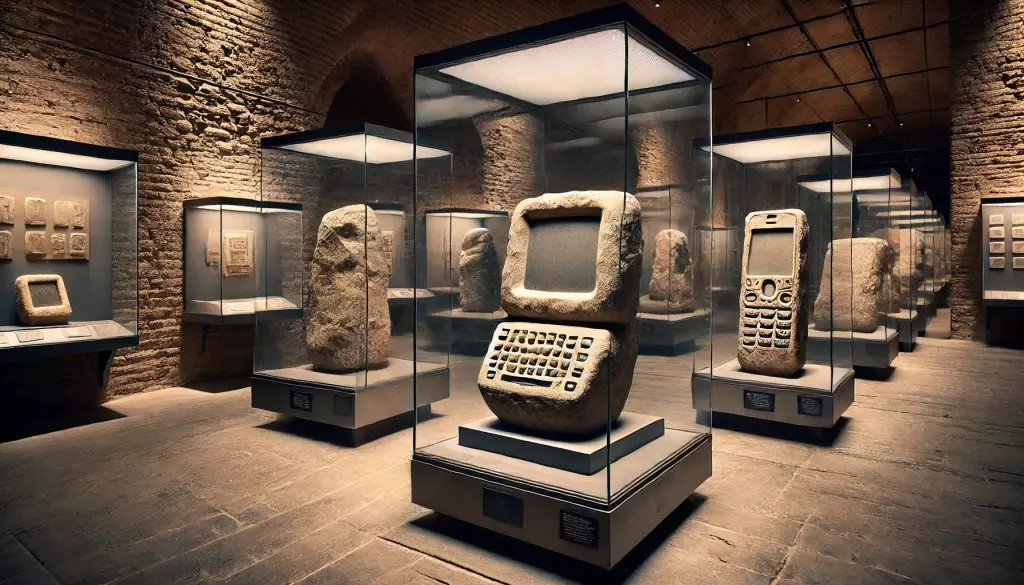In a groundbreaking move earlier this summer, Anthropic, a San Francisco-based AI startup, shook up the AI industry with the introduction of their new feature, “Artifacts.” This innovative feature aimed to enhance user experience by enabling users of Anthropic’s Claude family of large language models (LLMs) to run code snippets and programs created by the LLM in a separate window alongside their chat interface.
Initially, users had to manually enable the Artifacts feature by toggling it on in the settings. However, Anthropic recently announced the general availability of Artifacts across all their Free, Pro, and Team plans, as well as on the official Claude mobile apps for iOS and Android. This expansion aims to make it easier for users to create and interact with interactive code seamlessly.
With the Artifacts feature, users on Free and Pro plans can publish and remix their creations with the wider Claude community. This collaborative aspect allows for the sharing and building upon of content created by users worldwide, fostering a dynamic exchange of ideas and resources. For users on the Team plan, Artifacts can be shared within Projects, facilitating secure and efficient collaboration among team members.
Anthropic envisions Artifacts as a versatile tool that can accelerate the creation of high-quality work products across various industries. With a wide range of outputs supported, including code snippets, flowcharts, SVG graphics, websites, and interactive dashboards, teams can streamline workflows and enhance productivity by collaboratively iterating on each other’s creations securely over the web.
While many in the AI development world have been focused on enhancing raw processing power and expanding model capabilities, Anthropic’s Artifacts feature represents a shift towards improving user experience and redesigning AI interfaces beyond simple chatbots. This user-centric approach is similar to Nintendo’s strategy in gaming, where the company emphasizes novel user interfaces over raw processing power, often with great success.
As Artifacts become a standard part of the Claude experience, Anthropic anticipates a wide array of creative and practical uses to emerge from its global user base. Developers can create architecture diagrams directly from their codebases, product managers can develop interactive prototypes for rapid feature testing, designers can produce visualizations for quick prototyping, marketers can design campaign dashboards rich with performance metrics, and sales teams can visualize pipelines and forecast insights effectively.
Anthropic’s Artifacts feature represents a major step towards revolutionizing AI interaction by focusing on enhancing user experience and enabling collaborative creation and iteration. As more industries adopt this innovative tool, we can expect to see a wide range of creative and practical applications emerge, further solidifying Anthropic’s position as a leader in the AI industry.


Leave a Reply